Uber: Women voice safety fears over London licence loss
- Published
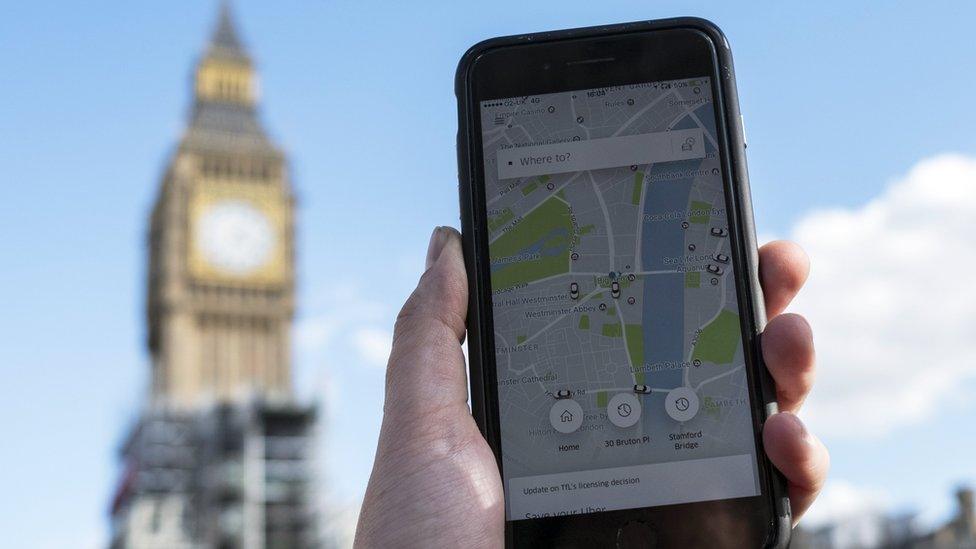
The news that Uber has lost its licence from Transport for London on public safety and security grounds has left some young women wondering how that will affect not just their wallets but their freedom to choose where they travel and when.
It decided not to issue Uber with a new private hire licence, external after concluding that the ride-hailing app firm was not fit and proper to hold one.
It has concerns about how Uber goes about its background checks on drivers and reports serious offences.
Concerns about how Uber deals with alleged attacks have also been raised by the Metropolitan Police Service, following cases such as a driver who was jailed for assaulting a woman.
Uber, meanwhile, says its drivers have to pass the same safety checks as black cab and mini cab drivers.
The company has changed the way people stay out and travel home - allowing them to book a cab at the touch of an app.
And many women say they are reassured by some of its features. such as the ability for customers and their friends and family to track the journey and the driver; the door-to-door service that keeps people from waiting on the road; and knowing who is collecting them.
Uber has some 3.5 million registered users in London, and many people prefer the service to the alternatives on offer.
"I'm so annoyed," says 26-year-old marketing manager Lisette Henry of the licence loss. "London nightlife is one of the best in the world and I think it's going to restrict a lot of people having access to that."
She uses the app every week and says she depends on it for late-night journeys from the airport after work trips.
"As someone that's not loaded, and a young woman in London, I actually feel really uncomfortable getting the night bus or even the night Tube.
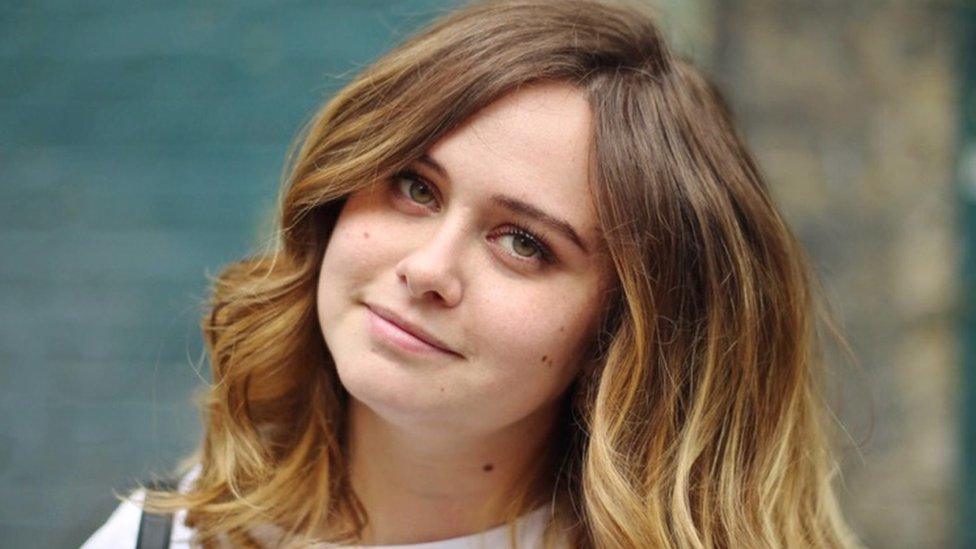
Lisette Henry says she cannot afford black cabs
"The area I live in isn't serviced by the night Tube; A night bus would really be the only option I could afford.
"Night Tubes are great but you still have just as many problems with drunk and disorderly people as you do on night buses. (This change is) going to restrict me and I'm not going to go out as much.
"I feel more comfortable because everything is tracked, I know who's picking me up, I know who they are, I know what their contact number is."
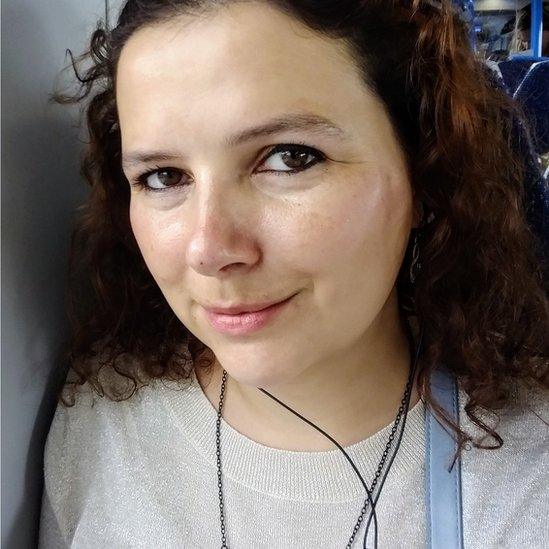
Charlie Edmunds says Uber gives her more freedom
Charlie Edmunds says a door-to-door service is better than standing late at night at bus stops.
"Being a woman comes with an additional burden of keeping yourself safe," she says.
Having a cab at the press of a button, she feels, reduces the burden not only of staying secure, but also of being judged if something bad did occur.
But she does have reservations about the company, which has faced criticism over vetting drivers, and says it needs to get its house in order.
Social media reaction
Allow X content?
This article contains content provided by X. We ask for your permission before anything is loaded, as they may be using cookies and other technologies. You may want to read X’s cookie policy, external and privacy policy, external before accepting. To view this content choose ‘accept and continue’.
Allow X content?
This article contains content provided by X. We ask for your permission before anything is loaded, as they may be using cookies and other technologies. You may want to read X’s cookie policy, external and privacy policy, external before accepting. To view this content choose ‘accept and continue’.
Allow X content?
This article contains content provided by X. We ask for your permission before anything is loaded, as they may be using cookies and other technologies. You may want to read X’s cookie policy, external and privacy policy, external before accepting. To view this content choose ‘accept and continue’.
"I'm lucky I live in zone two, otherwise finding a cab to zone three and beyond can be really hard as many won't take you." Tara Patel, a chartered accountant, 38, says.
She remembers "plenty" of occasions when she has been working or out late and there are no black cabs around.
And the tracking on Uber that lets her family see her whereabouts "gives me a greater feeling of security", she says.
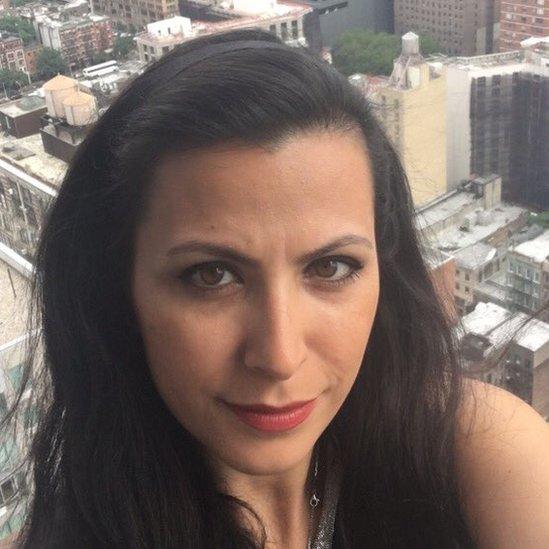
Tara Patel says the tracking feature makes her feel secure
But Uber has its detractors, and their complaints range from safety issues, as cited in TfL's licence decision, to cost and reliability.
Lisa Wilson says she thought the app was a "great concept" until one night a driver took an unrecognisable route to her house and she jumped out at traffic lights, "fearing the worst".
"I was the middle of nowhere," she says. "Never would I use them nor would I let my daughter who is 18."
Peaks and outrages
Maya Lorford's concern stems from how the service's prices can rise as demand peaks.
She felt stung after the estimate for a cab home after a babysitting job tripled from a morning check to an evening booking.
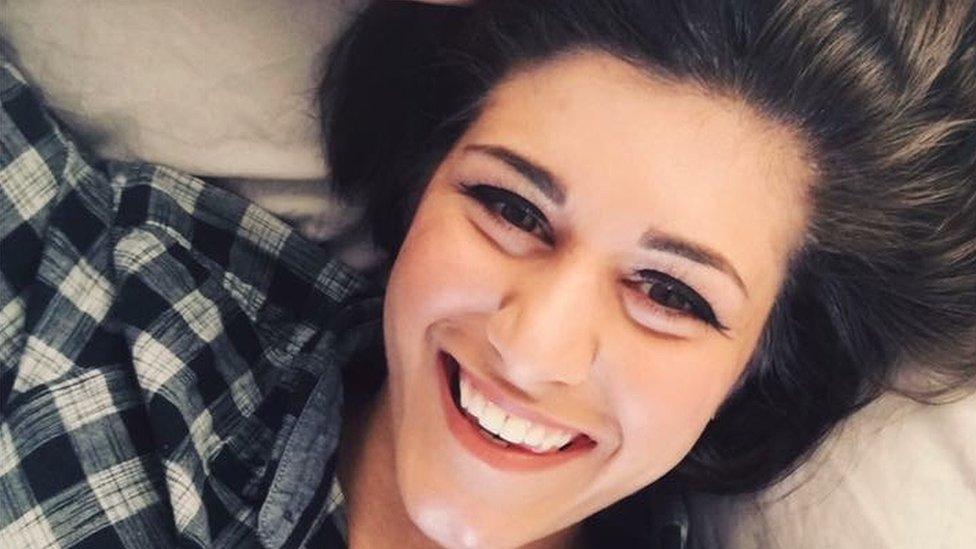
Maya Lorford said she had experienced "outrageous" price rises with Uber
"The estimation for a taxi ride from my babysitting to my house was £6-8," she says.
"When I checked back at around 23:30 that evening, the price had risen to £20-£24.
"I understand raising prices a little at peak times but by 300% is outrageous."
Rachel says she has been "let down every time I've used the app", be that on waiting time, or price.
"I've never had a good experience with it and that's before all the impact on black cabs, the road network and conditions for drivers," she says. "Good riddance!"
Uber's licence is due to run until 30 September, but it has 21 days to appeal against TfL's decision on Friday and it will be able to operate while any appeals are ongoing.
In the meantime, its users admit it is "not perfect by a long shot", as Charlie puts it, but the hope is Uber will rethink how it checks drivers.
She is not the only woman anxiously awaiting the outcome.